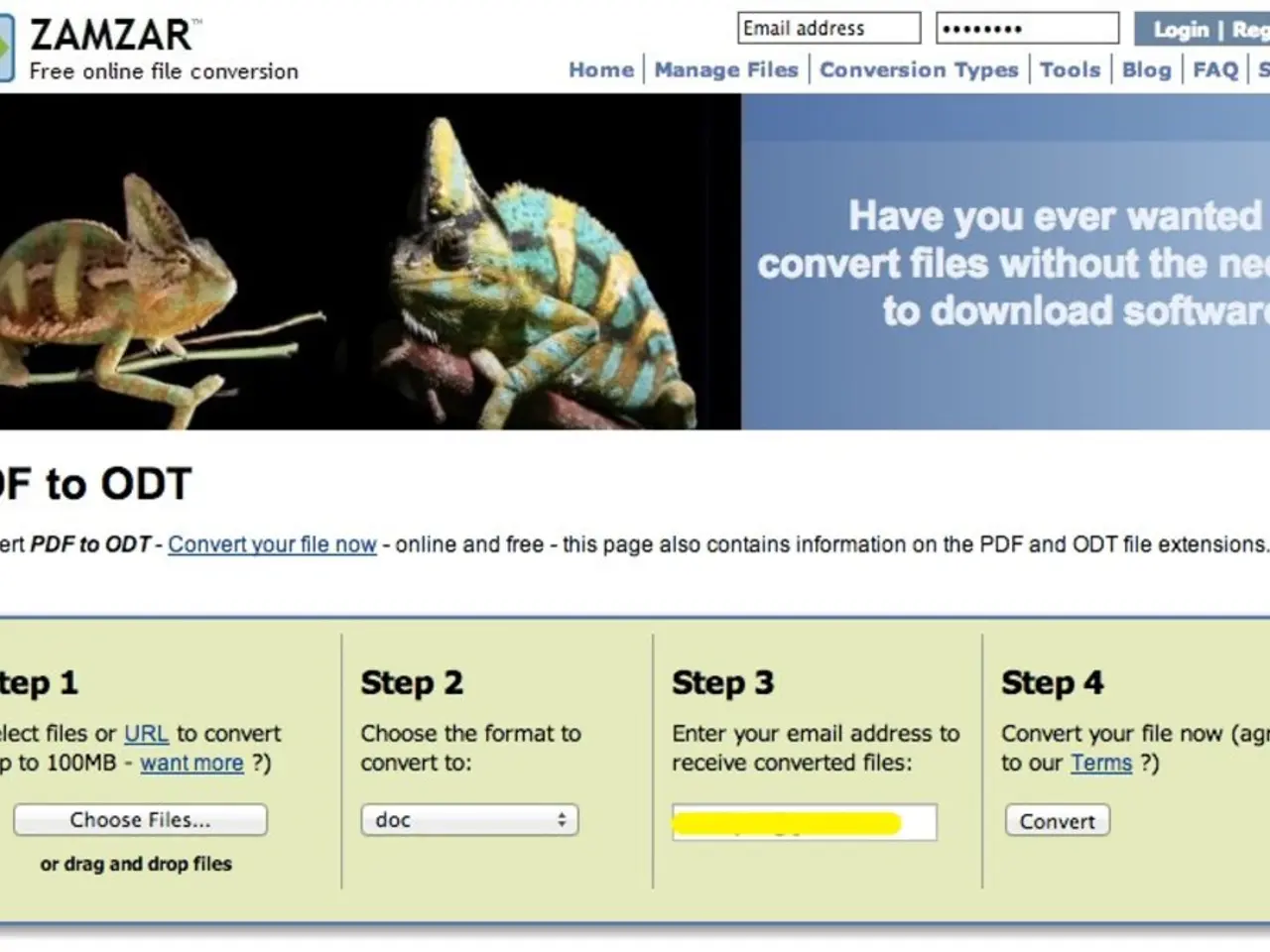Debate over organ donation: In-depth discussion on whether an 'opt-in' or 'opt-out' system yields more favorable results.
Let's dive into the organ donation debate: Opt-In vs. Opt-Out - Which Way to Go?
Organ donation policies vary worldwide, and the question remains: should people be required to opt-in or opt-out for organ donation? A team of researchers from the UK took a close look at the organ donation policies in 48 countries to determine the most effective approach.
In opt-in systems, individuals must actively sign up for the donor registry. In contrast, opt-out systems assume donation consent unless someone explicitly opts out before death.
Prof. Eamonn Ferguson, the lead author from the University of Nottingham, UK, recognizes some limitations of relying on active decisions from individuals:
"People often fail to act for a variety of reasons, such as loss aversion, lack of effort, and trusting that policy makers have made the right decision."
** Opt-in inaction might result in individuals who would want to be donors not donating (a false negative). On the other hand, opt-out inaction may lead to individuals that don't want to donate becoming donors (a false positive).**
The United States employs an opt-in system. Last year, 28,000 transplants were made possible due to organ donors, with approximately 79 transplants taking place each day. Regrettably, around 18 people still die every day, unable to undergo surgery due to a shortage of donated organs.
So, In or Out?
Researchers from the University of Nottingham, the University of Stirling, and Northumbria University in the UK analyzed the organ donation systems of 48 countries over a 13-year period - 23 using an opt-in system and 25 using an opt-out system.
The researchers measured overall donor numbers, transplants per organ, and the total number of kidneys and livers transplanted from both deceased and living donors. They found that countries using opt-out systems yielded higher numbers of kidney donations - the organ most desperately needed by those waiting for organ transplants. Opt-out systems also showed a greater overall number of organ transplants.
Opt-in systems, however, had a higher rate of kidney donations from living donors. This influence on living donation rates "has not been reported before," says Prof. Ferguson, "and is a subtlety that needs to be highlighted and considered."
The authors acknowledge that their study's limitations include not distinguishing between various degrees of opt-out legislation and not assessing other factors that may influence organ donation. They suggest that future studies could focus on the perspectives of individuals deciding to opt-in or opt-out, employing a combination of surveys and experimental methods.
Time to Revisit Consent Legislation?
The researchers' findings, published in BMC Medicine, indicate that "opt-out consent may lead to an increase in deceased donations but a reduction in living donation rates. Opt-out consent is also associated with an increase in the total number of livers and kidneys transplanted."
Although these results could be used to inform future policy decisions, they could be strengthened further by regularly collecting international organ donation data, such as consent type, procurement procedures, and hospital bed availability, which should then be made publicly available.
Prof. Ferguson suggests that future studies could also analyze the opinions of individuals who must decide to opt-in or opt-out:
"More research is needed that examines issues from the perspective of the individual in terms of beliefs, wishes, and attitudes using a combination of survey and experimental methods."
The question of which system yields the best results remains contentious. Countries employing opt-out consent still grapple with organ donor shortages. Changing the system of consent entirely may not solve the issue. Instead, modifying consent legislation or adopting aspects of the Spanish Model could potentially boost donor rates.
Spain currently boasts the highest organ donation rate in the world. Experts credit the Spanish for their success because of measures such as a transplant coordination network that operates both locally and nationally, and the improved quality of public information available about organ donation.
Recently, Medical News Today featured an article discussing whether farming animal organs for human transplants could be a solution to the organ shortage. Or is this a problem that should be tackled through changes to organ donation policy?
Written by James McIntosh
- Despite the findings suggesting opt-out consent may increase deceased organ donations and overall transplant numbers, countries employing this approach still face organ donor shortages.
- The Spanish Model, with features like a transplant coordination network and enhanced public information about organ donation, has resulted in the highest organ donation rate globally.
- In the context of the ongoing organ donation debate, some scientists are investigating the potential role of organ retargeting, such as farm-grown animal organs for human transplants, as a potential solution to the organ shortage.
- As the scientific community continues to explore various solutions to address organ shortages, it's crucial to consider the implications of changing consent legislation or adopting aspects of successful models like the Spanish Model to boost donor rates, in addition to innovative approaches like organ retargeting.








